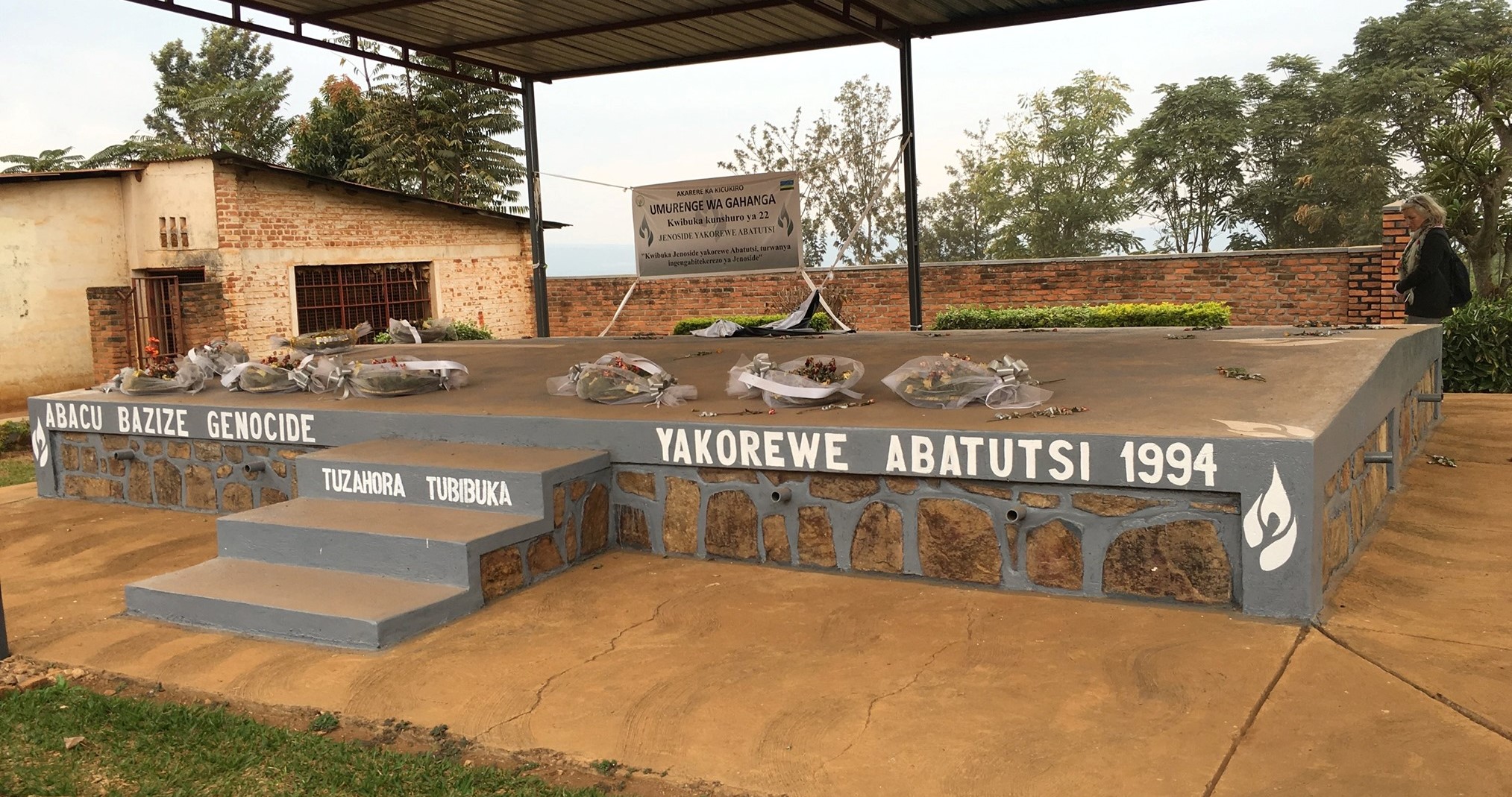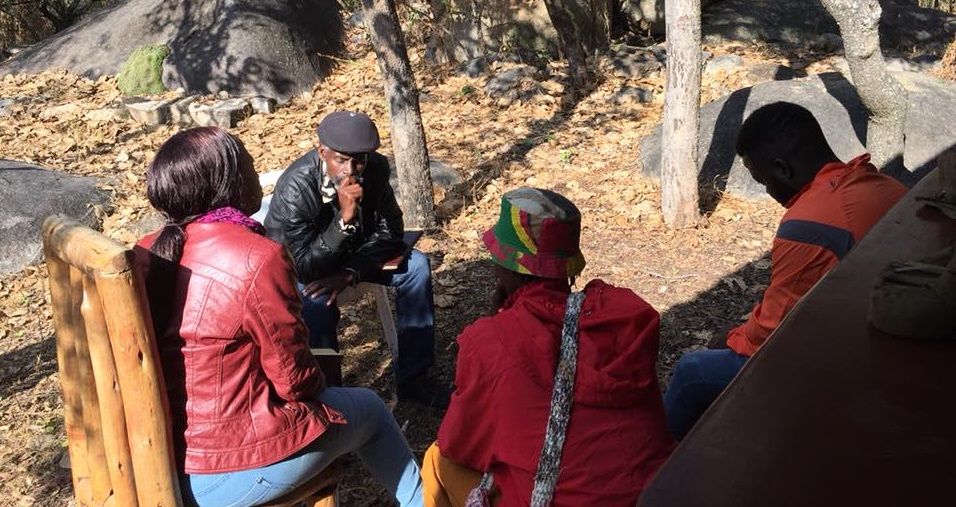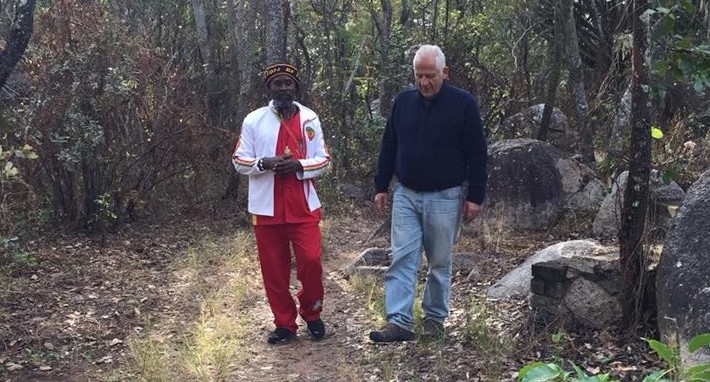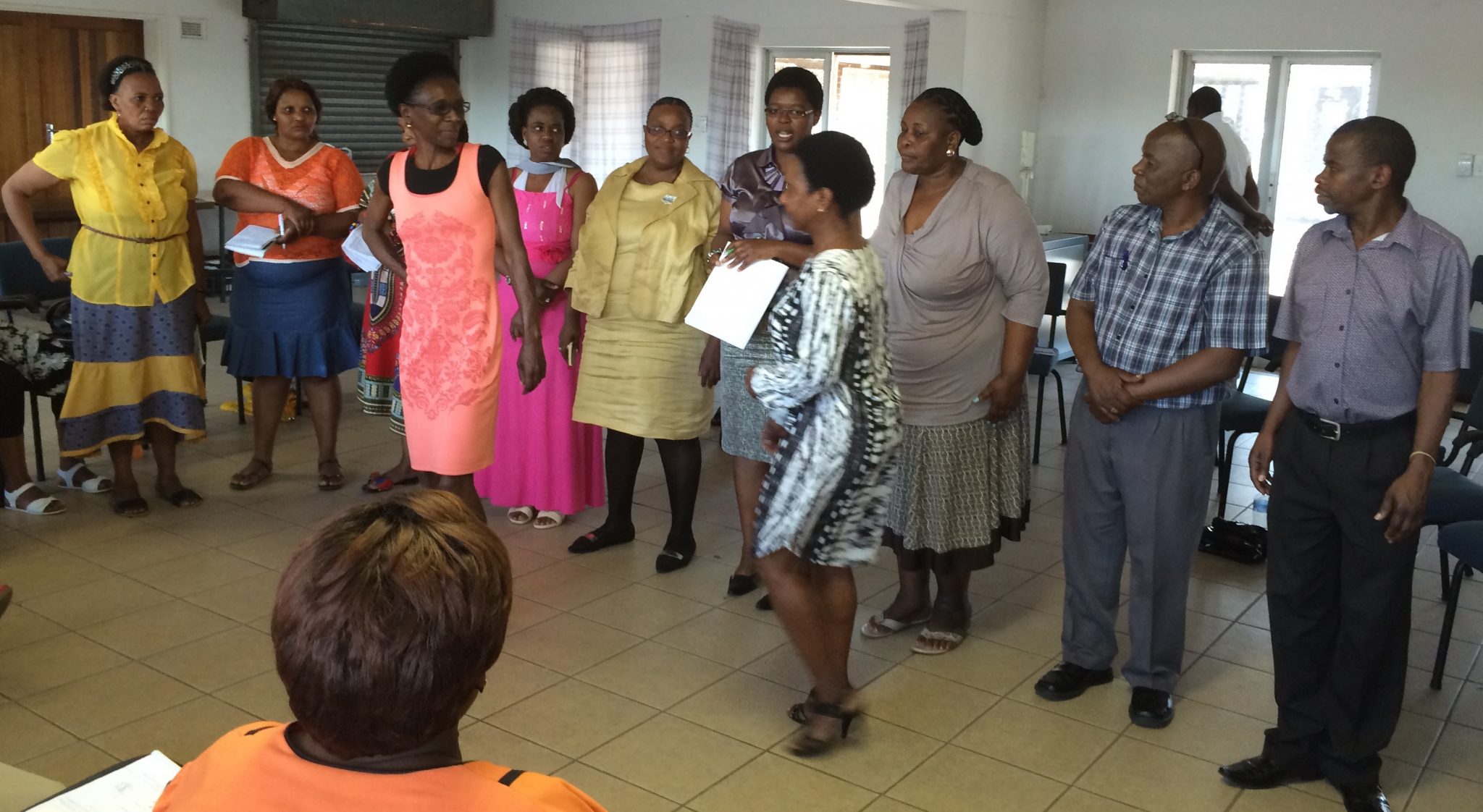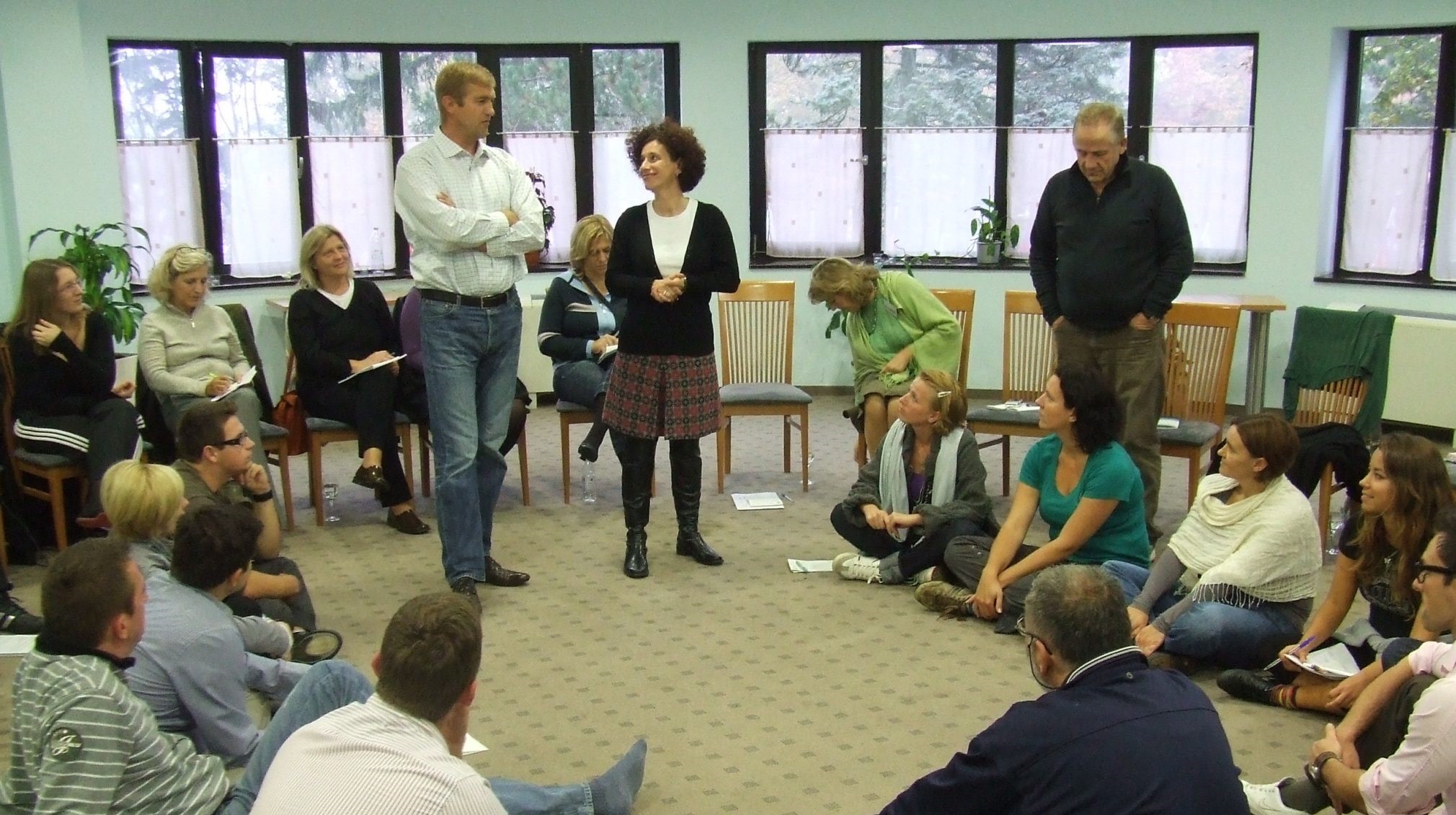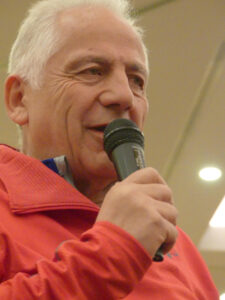Our experience has shown that it’s in our nature, as individuals, communities and whole societies, to be able to reconcile – to be able to engage in the processes needed to reckon with the atrocities of history, their legacy and ongoing impact, and to transform and to interrupt the cycles of violence.
In the hopelessness of our times, and amidst the horror of historic and continued violence in our world, it is of vital importance to remember that we have this extraordinary possibility within us.
In our experience over many years in the Balkans, in Rwanda, in Zimbabwe, and here in the UK and Europe, we see again and again the longing, and the courage of communities who come together – from opposites sides of historic and persisting violence – to grapple with accountability, to soul search, and to find pathways forward for the future of their communities.
You may be familiar with processes of ‘transitional justice’ including tribunals and truth commissions, at national and international levels, reparations, and memorials, which are designed to help societies move forward after atrocities, violent conflict and genocide.
One of the main purposes of our work at CFOR is to bring to awareness the need for societies to augment and deepen these processes – to create possibilities for people to gather and bear witness to community trauma and facilitate open issues of accountability at a community level.
We have learned the most about reconciliation from the groups and communities that we have had the privilege to facilitate. Key dynamics include working with community-wide trauma and issues of accountability.
It can be enormously healing for the individual, and for the whole community, when people with highly traumatic experiences are witnessed and welcomed into community- rather than remaining isolated or disassociated, caught in recurring flashbacks and nightmares. Similarly, whole societies need opportunities to witness our history, to be able to interrupt the nightmare of repeating violence, and to move forward intact and whole. (Audergon, War Hotel: Psychological Dynamics of Violent Conflict, Whurr/ Wiley 2005)
Another dynamic that we meet again and again is the call for accountability and awareness at a relational and community level. Survivors want the truth. They want to know the details of how it could have happened that you turned on your neighbour, or how you looked away. Accountability is not only about acknowledging the past; its about feeling, and giving a damn about its ongoing impact. It’s about helping survivors locate the missing bodies of loved ones, so that they might receive a dignified burial, and the survivors can find some rest and closure.
Without these opportunities for personal and collective awareness, about community wide trauma and open issues of accountability, history has a tendency to stick around. Our emotions can be activated and manipulated into renewed rounds of violence, even in the next generation.
Our experiences have taught us again and again, not only that such opportunities are needed, but that they are possible. And we are repeatedly inspired by the youth, who are determined to support the reconciliation process, so that they don’t inherit the violence in the next generation.


